People agree that they disagree!
This is a good simple conclusion about the "ethical fashion" idea, long-delayed, and now probably shared by Ethical Fashion Forum themselves after some market research, and reported by Olivia Pinnock in "The Problem with Ethical Fashion" yesterday. "Ethical" is a category of adjectives; it doesn't work as an adjective by itself.
Maybe "Ethics and Fashion Forum" would make sense if the name isn't given-up completely. "Ethics Jungle" has just come to mind. I like that one.
More likely, another Orwellian term will take-over at the offices of London College of Fashion where EFF have the odd meeting: "Common Objective" seems to be the new brand, which is already tarnished by the "Common Purpose" groups that fund each other behind doors closed to the public, rather like Ethical Fashion Forum. Secondly, traders do not have a common ethic or object. I don't have the same objective as Islamic State or many less extreme groups, but they each ethics and objectives.. How about "Common Disagreements"? Or "Common Arguments"? Maybe that should be the name.
All bosses have to treat ethical claims a sales issue. Some bosses are also evangelists for economic theories that say their other stuff is good anyway: the raw simple theory of comparative advantage (ignoring social insurance), the theory of the trickle-down effect (ignoring evidence), and the raw theory of the nation state that Chinese human rights are best for Chinese people because they have the word Chinese in the title. Those sorts of theories are similar to the views of UK government ministers or economists at places like London University.
Most of us can sympathize with employees of big companies where we ourselves shop. I write this in Primark basics trakkies; I have to sympathize.
There is another layer of complication.
There is a government machine with its favorite causes, from Kids Company to Pants to Poverty to Elvis and Kress wallets, each muddying a muddy picture. Elvis and Kress send old fire hose to Italy to be made into over-thick over-priced novelty wallets for sale in gift boxes in the UK. Other old fire hoses are exported to India where there is more cheap labour for patching them up. There used to be a few good cheap wallet manufacturers making sometimes vegan products, until lack of interest allowed them to close while groups like Ethical Fashion Forum got the PR. Doing a gig for "Making it Ethically in China", in Manchester, if I remember right, on the weekend that the Manchester firm JJ Blackledge closed and sold the machines because of lack of interest in the blooming-obvious: the product made cheaply in a democratic welfare state. So: good luck to Elvis and Kress for an expensive giftware item with a donation to the fire service charity built-in to the price, but that's all they are. Government PR from the likes of Social Enterprise UK bigs them up and gets in the way of day to day ethical decisions about cheaper products.
I have written enough and should stop before repeating myself. A lot of previous stuff about Ethical Fashion Forum, mainly evidence assembled in a way which is rude to them, is on Veganline.com/info/ethical-fashion-forum or a successor page. I hope the evidence speaks for itself, but if you want to know why someone is a bit bitter, I did try to sell UK-made products as ethical before they came-along, and I did try to use the business support services and government services that were cut because, as I said, the likes of Kids Company, Pants to Poverty, and Ethical Fashion Forum get the government PR.
This is a good simple conclusion about the "ethical fashion" idea, long-delayed, and now probably shared by Ethical Fashion Forum themselves after some market research, and reported by Olivia Pinnock in "The Problem with Ethical Fashion" yesterday. "Ethical" is a category of adjectives; it doesn't work as an adjective by itself.
Ethics Jungle
Maybe "Ethics and Fashion Forum" would make sense if the name isn't given-up completely. "Ethics Jungle" has just come to mind. I like that one.
More likely, another Orwellian term will take-over at the offices of London College of Fashion where EFF have the odd meeting: "Common Objective" seems to be the new brand, which is already tarnished by the "Common Purpose" groups that fund each other behind doors closed to the public, rather like Ethical Fashion Forum. Secondly, traders do not have a common ethic or object. I don't have the same objective as Islamic State or many less extreme groups, but they each ethics and objectives.. How about "Common Disagreements"? Or "Common Arguments"? Maybe that should be the name.
The Olivia Pinnock article is polite, and suggests that "Ethical Fashion" really was a movement that might continue, but I suppose it's easier to be polite about suppliers putting-on a show than to be rude about the customers and consumers who buy the stuff. The public in the UK buy tabloids. The public don't know that UK industry was closed by government-fixed exchange rates from the 1980s and with a bit of good government could recover. We each know bits, within comfortable long-held views of the world, but preaching to the un-converted over a pair of pants is a not going to win a big market share and the boss at the high-street chain still wants to sell all the other pants. No-wonder people sit in offices at Monsoon or Howies think: "What can we call good that makes a profit and the boss allows?".
Bosses vary.
All bosses have to treat ethical claims a sales issue. Some bosses are also evangelists for economic theories that say their other stuff is good anyway: the raw simple theory of comparative advantage (ignoring social insurance), the theory of the trickle-down effect (ignoring evidence), and the raw theory of the nation state that Chinese human rights are best for Chinese people because they have the word Chinese in the title. Those sorts of theories are similar to the views of UK government ministers or economists at places like London University.
What can we call good that makes a big profit and doesn't stop people buying the other stuff?
H&M, Monsoon, Primark, M&S, Boohoo and the rest are unlikely to say these things.
- Badly-run countries are badly-run
- or anything to do with our buying habits and tariffs
- Their products are unfair competition with products from better-run countries
- Their populations - in Bangladesh for example -are rocketing faster than jobs to employ them
- Wages in Bangladesh are falling and not rising
The things that big firms call good come-down to whether you can put a pair of shoes in the compost bin, or whether a raffia bag from an special fair trade employment scheme in some country without a welfare state (but don't mention that they need a welfare state). Words like "Natural" are an obvious choice or "the ambiguously named Conscious Collection" as Pinnock puts it.. I saw "Conscious Awareness" used of a stall at London Fashion Week.
Most of us can sympathize with employees of big companies where we ourselves shop. I write this in Primark basics trakkies; I have to sympathize.
There is another layer of complication.
There is a government machine with its favorite causes, from Kids Company to Pants to Poverty to Elvis and Kress wallets, each muddying a muddy picture. Elvis and Kress send old fire hose to Italy to be made into over-thick over-priced novelty wallets for sale in gift boxes in the UK. Other old fire hoses are exported to India where there is more cheap labour for patching them up. There used to be a few good cheap wallet manufacturers making sometimes vegan products, until lack of interest allowed them to close while groups like Ethical Fashion Forum got the PR. Doing a gig for "Making it Ethically in China", in Manchester, if I remember right, on the weekend that the Manchester firm JJ Blackledge closed and sold the machines because of lack of interest in the blooming-obvious: the product made cheaply in a democratic welfare state. So: good luck to Elvis and Kress for an expensive giftware item with a donation to the fire service charity built-in to the price, but that's all they are. Government PR from the likes of Social Enterprise UK bigs them up and gets in the way of day to day ethical decisions about cheaper products.
I have written enough and should stop before repeating myself. A lot of previous stuff about Ethical Fashion Forum, mainly evidence assembled in a way which is rude to them, is on Veganline.com/info/ethical-fashion-forum or a successor page. I hope the evidence speaks for itself, but if you want to know why someone is a bit bitter, I did try to sell UK-made products as ethical before they came-along, and I did try to use the business support services and government services that were cut because, as I said, the likes of Kids Company, Pants to Poverty, and Ethical Fashion Forum get the government PR.



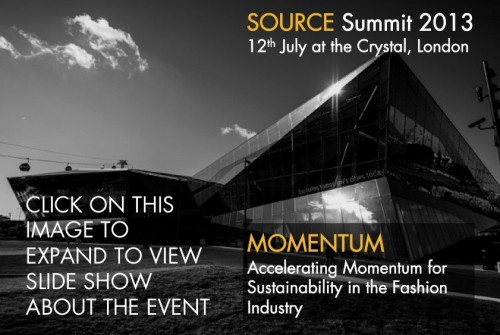
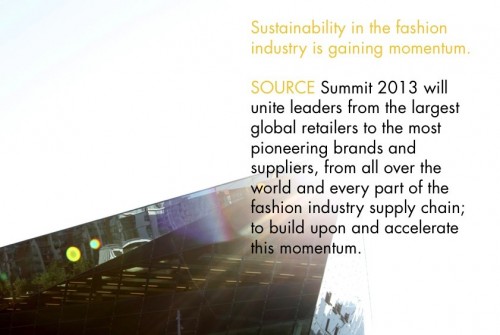
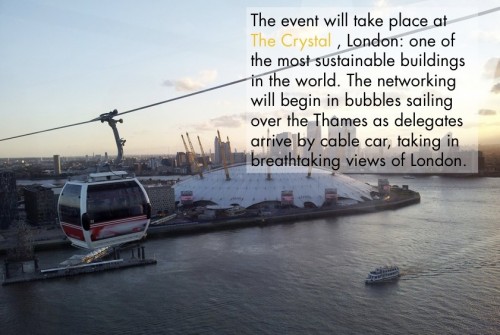
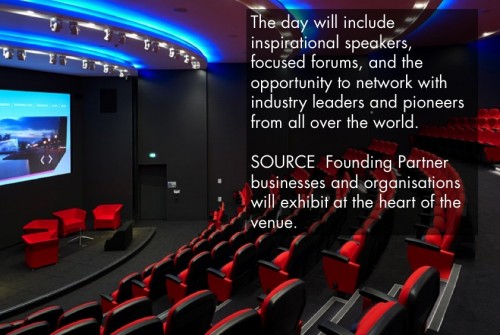
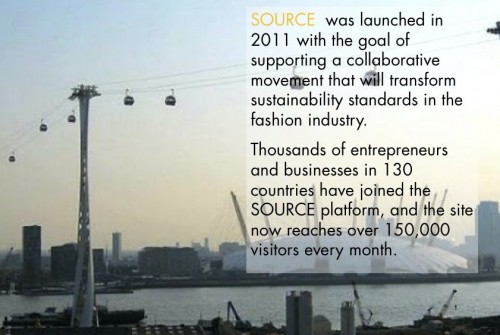
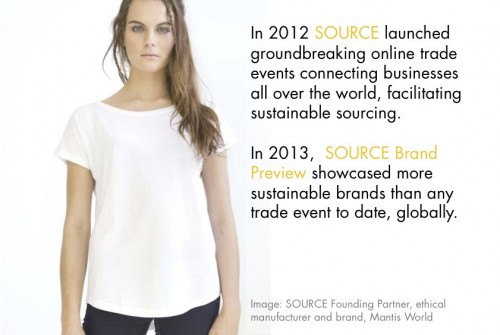
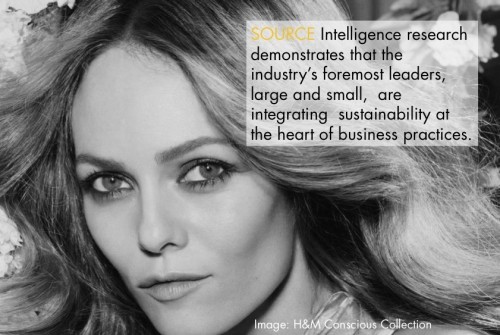
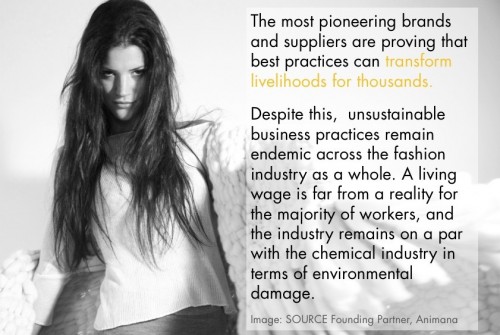
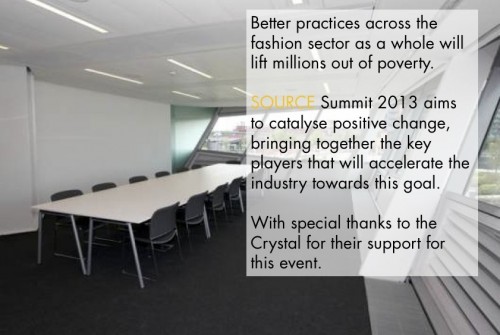
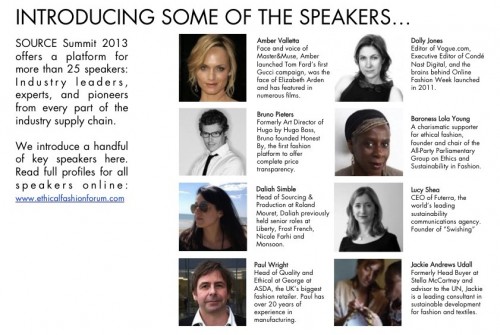
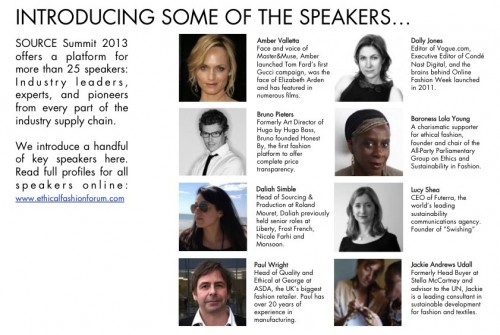
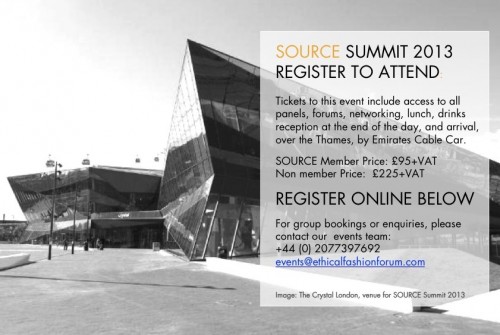
 e-mail:
e-mail: 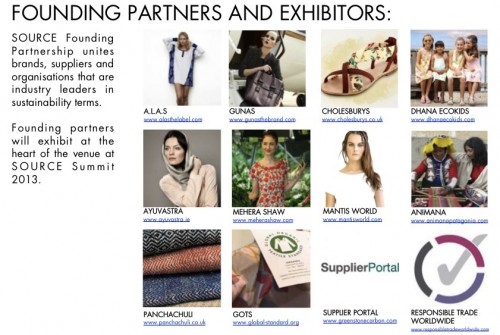
 Homepage: http://planb4fashion.blogspot.co.uk/
Homepage: http://planb4fashion.blogspot.co.uk/
